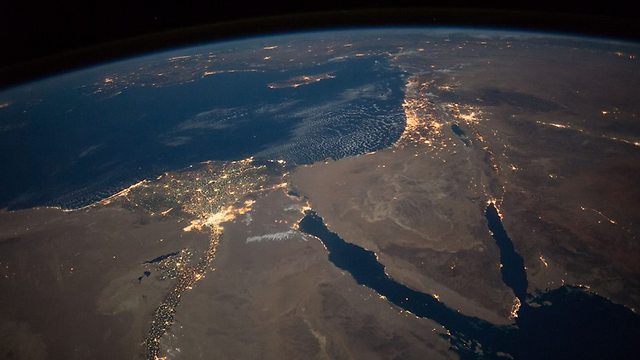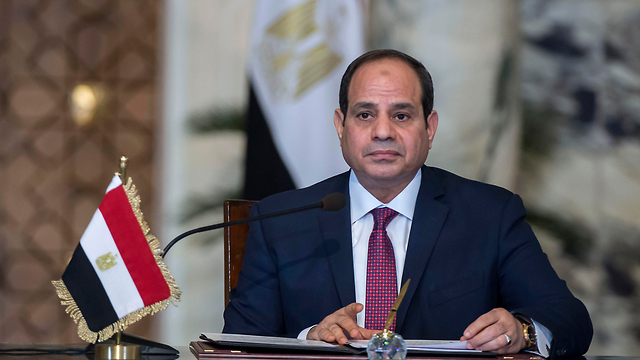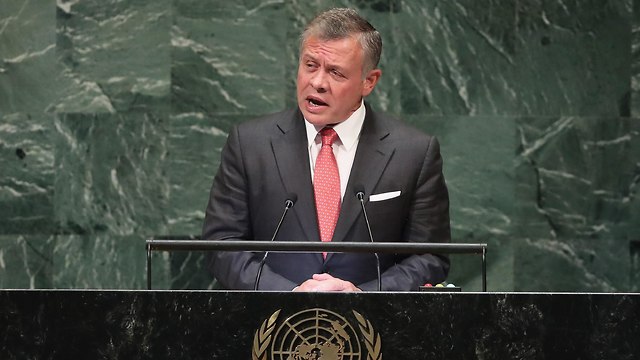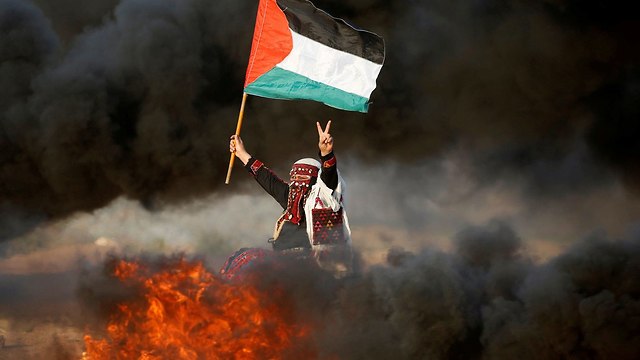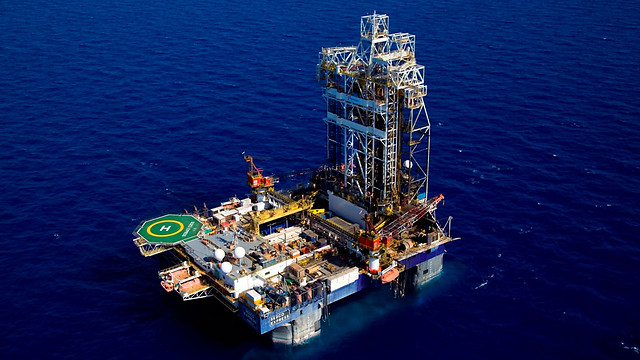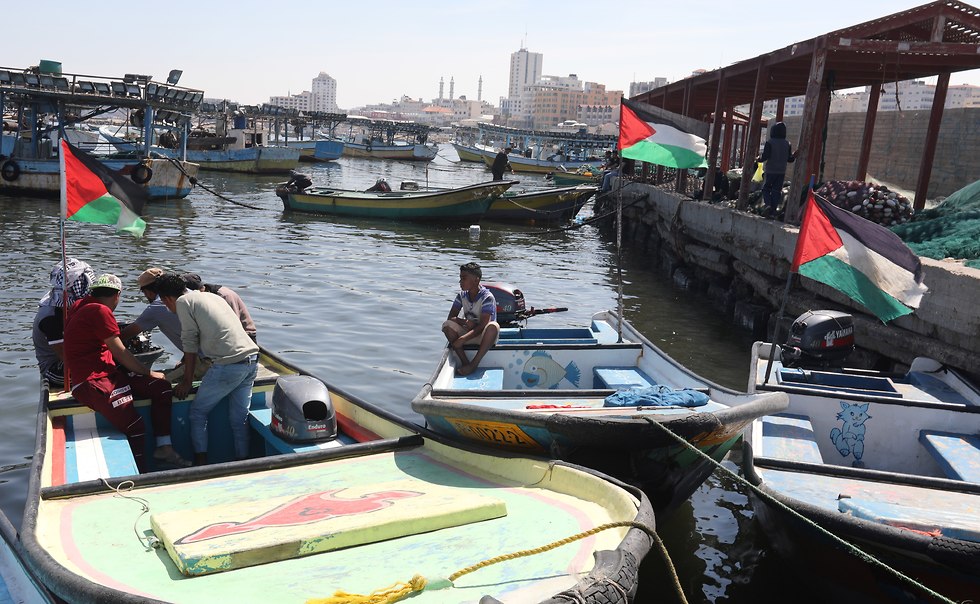
A roaring Gazan economy could silence the booms of conflict
Op-ed: Recent events have shown that Gaza is the area of highest priority. Israel and moderate states in the region should resolve that situation first and foremost. Economic investment could curb and blunt the appetite for conflict.
In recent years, Israel has attempted to manage the explosive problem of Gaza, and has found itself locked in stalemate as a result. The last major armed conflict between Israel and Hamas, fought in 2014, saw Israel dragged into combat, inclusive of a ground incursion, despite it having no wish to be bogged down in asymmetrical fighting. That conflict ended without clear winners or losers.
The danger of a new conflict erupting continues to threaten the region, and the southern Israeli communities near Gaza face the constant threat of coming under Hamas fire.
Inside Gaza itself, the humanitarian and economic situation, as the World Bank has just reported, is very bad and getting worse for the civilian population; a fact that contributes to the chronic instability there. The ongoing feud between the two Palestinian ruling entities, Hamas and Fatah, only adds to the tensions.
The Palestinian Authority, which is ruled by Fatah, has tried to return to Gaza in recent years, with Israeli support, and failed.
Inside Gaza, rebellious armed groups, such as the Palestinian Islamic Jihad, the PFLP, and others, constitute challenges to Hamas’s rule—further stoking the instability.
In the months following the 2014 conflict, Israel could and should have seized the initiative, and led the international community—the US, Russia, the EU, and moderate Arab statestowards a ‘Marshal Program’ for the Strip.
This program could have seen the construction of power stations, a sea port, and an airport, thereby changing the situation, even without a change in Hamas’s extremist ideology.
Instead of doing so, Israel made do with humanitarian assistance programs, rather than seeking to fundamentally alter the situation.
Now, however, a new opportunity has arrived to create just this kind of change; the New State Solution.The key is to generate improvements gradually.
The first phase of any plan for improvement should be to create a ‘greater-Gaza’ Palestinian political entity, which would incorporate Gaza and a section of the northern Sinai. Such a state could be under international supervision. Regional actors like Egypt, Qatar, and Turkey, could take an active role in assisting with it's establishment and development.
Rather than trying to create fragile truces, which hinge on daily variables that change frequently, Israel should initiate a strategic maneuver for change, by first turning to Egypt’s President, Abdel Fattah el-Sisi, with an offer to turn northern Sinai into a part of an enlarged Gazan state.
This would, first and foremost, ease the terrible overcrowding that afflicts Gaza, a small territory that is home to two million people.
A wider coalition of Arab pragmatic states, the US, Russia, and the EU, could come together to help make this vision feasible, and compensate Egypt for its contribution of land.
The question of the West Bank can be answered further down the line. Our first priority must be to stabilize Gaza.
It is unclear whether such an arrangement can truly lead to peace. But this solution has the potential to better deal with the festering Gazan question, and eventually lead to new understandings with the Palestinians. A perfect peace is for storybooks. Regional quiet would be a welcomed reality. This plan could yield just that.
The Sunni states of Saudi Arabia, Morocco, and Jordan could all play an active role in moving this plan forward.
The threats facing Israel are the threats facing the Sunni states; radical, Shi’ite Iran, extremist Sunni jihadists and ISIS.
A regional coalition of pragmatic Sunni states and Israel could come together to create a new Gaza solution, and then work closer together against shared threats.
This approach also enjoys the advantage of sidestepping highly complex obstacles to any Israeli-Palestinian agreement, such as Jerusalem, or the right of return. Starting with such issues will doom talks to failure. The ideologies and world views of all sides in this conflict are already well known. What has been missing until now has been a new dynamic that can create real change on the ground.
This approach favors a gradual process, which suits the volatile Middle East, a region plagued by a total lack of confidence between all sides. Even among the Palestinians, there is zero trust between Hamas and Fatah, let alone between Israel and the Palestinians.
An enlarged Gaza-Sinai state, marked by new power stations in Gaza, opportunities to mine natural gas off the Gazan coastline, and the creation of a secure, supervised port for the Gazan economy, would create an outlet to the rest of the world and a genuine reason for a more promising future for the next generation of Gazans.
A roaring Gazan economy could finally silence the booms of conflict.
Yaakov Peri is a former Director of the Shin Bet and a former minister of science, technology & space in the government of the State of Israel. He is a senior security advisor to the New State Solution working group.










